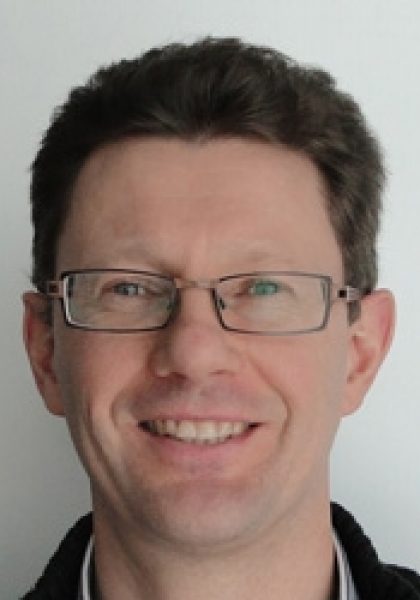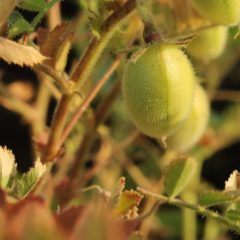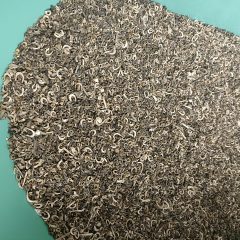Research project Sustainable control of fungal pathogens in flax

General introduction
Sustainable control of the most important fungal diseases in flax production, namely Verticillium, Septoria and Podosphaera, is the main objective of the TRANS-PATHOFLAX 2.0 project. The project comprises two objectives: 1) providing biocontrol solutions for control and 2) developing monitoring techniques that breeders can use in the selection of disease-resistant flax varieties. In doing so, the researchers aim to better understand the resistance mechanisms in flax and limit the build-up of the primary Verticillium inoculum. Flax growers face challenges around climate change and reduced availability of conventional crop protection products. Due to often drier summers, they are turning to winter flax, but this has more disease pressure from fungi such as Septoria.
Research approach
ILVO is involved in three technical work packages. In a work package on primary inoculum we develop specific molecular detection technology for subgroups within Verticillium dahliae and apply these techniques in the search for potato varieties that contribute less to the build-up of Verticillium inoculum in the soil, which is problematic for flax. We optimize the Verticillium bioassay used in screening of varieties and potential biocontrol strains and we help determine, among other things, which biotic factors influence the dose-response relationship of this bioassay. In a work package on biocontrol, we contribute to the identification and screening of strains of Verticillium isaacii that can be used in the biocontrol of Verticillium dahliae. This is done through targeted isolation and through genotypic and phenotypic diversity analysis. We are also developing molecular detection technology for the most promising biocontrol strains, which will allow in situ monitoring of the interaction between the pathogen and the biocontrol strain. Finally, in a work package on Septoria, we are contributing to raising awareness about this pathogen in flax. Septoria, which mainly infects in autumn, is gaining importance due to the increasing cultivation of winter flax.
Relevance/Valorization
The Interreg region of Northern France - Wallonia - Flanders is the most important region in the world for the cultivation of flax. Flax is not only used in linen but also has a number of "green" industrial applications e.g. as insulation material in cars. Cultivation is therefore on the rise and so far enjoys a sustainable image. Fungi and the fight against them can put all that under pressure. We expect this project to help raise awareness among growers about the issues and provide them with more sustainable solutions for the future. The new techniques and biological control advance the work of flax breeders toward more fungus-resistant varieties. We also expect biocontrol producers to be able to valorize the techniques developed. Finally, the project contributes its part to the desired transition to a greener economy, in the European Green Deal.
Financing
Interreg Fr Wal Vl







